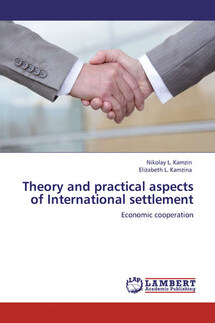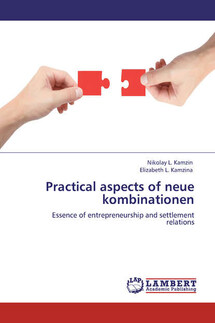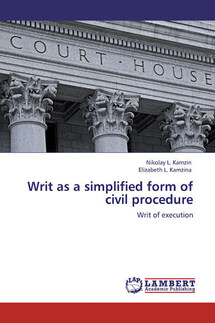The implementation of the economic cycle: freedom, trust, duty - страница 14
On the interbank rates are guided all the other members of the currency market, it is the basis of establishing rates for each currency. Exchange rate is mostly for reference.
In countries with rigid exchange restrictions and fixed exchange rate, all operations are conducted at the official rate. In some countries with underdeveloped exchange market, where the volume of currency transactions are in foreign currency exchange rate of the main foreign exchange market is the exchange quotation, which is formed on the exchange, based on the consistent comparison of bids for the purchase and sale of foreign currency (exchange fixing). Exchange rate is the basis of establishing rates, both in interbank transactions and for bank customers.
Distinguish quotes:
– The lines are used in most countries (including Russia). When direct quotation cost per unit of foreign currency expressed in national currency unit (for example, U.S. $ 1 = 29.64 RUR):
– Indirect, the unit adopted a national currency, the rate of which is expressed in a certain amount of foreign currency. Indirect quotation is used in the UK, since 1987, and in the U.S. (for example, 1 RUR = 0.034 U.S. dollar).
Between direct and indirect quotations of the inverse relationship exists:
The display of exchange rates of a large bank of any country is induced by the dollar against other currencies that is, represented by direct quotation.
For the British pound has historically maintained an indirect quotation, so the string GBP in this table is read as follows:
1 pound = 1.62 U.S. dollar
– Cross-rate is the ratio between the two currencies in relation to third currencies.
For example, on April 10, 2012 Bank of Russia[38] set for accounting purposes and customs payments the following rates:
1 U.S. dollar = 29.64 RUR.
4. Foreign exchange operations
The most common is separation of currency transactions in cash and term. The first is also called the overnight (overnight). In this case we are talking about the provision of goods (currency) at the time of the transaction or within a few days, in the second – about the time lag between the date of the transaction and its implementation.
4.1. Cash Transactions (transaction «spot»)
Transactions on a «spot» (spot – cash, instant) made at the rate established at the time of the agreement, and the supply of currency no later than the second enterprise day. Delayed pay increases progressively fine-interest.
At the heart of deals «spot» is based on correspondent relationships among banks.
– The spatial arbitrage. This foreign currency transaction had to start spontaneously dealers. Profit arises from differences in the courses on various foreign exchange markets.
Under normal conditions, currency trading is, in its macroeconomic consequences, to a positive phenomenon, because it promotes the equalization of market rates. But inflation in the atmosphere an additional influx of a particular currency may cause the exchange rate distortions.
In a simple arbitrage interact two counterparties. Buyer shall pay from their bank accounts, dealer – acting on the orders of the first (or in conjunction with them) – accrues revenue. Their foreign exchange reserves as a whole does not change.
Complex or the conversion arbitrage involves working with a number of currencies in different markets. The study of the geography of currency rates reveals a point relative to cheaper foreign currency purchase. Broker like climbing the stairs, exchanging currency purchased on the third and fourth. And back to the original currency is not necessary.









